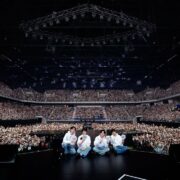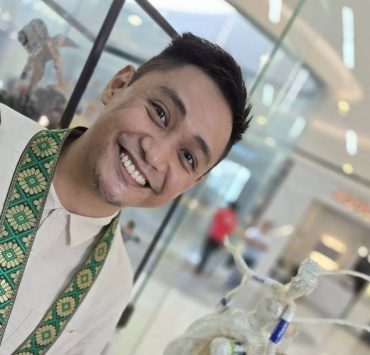‘House of the Dragon’ season 2 needs more burn
Right now we live in hope. As the end credits on the last episode of season 2 on HBO’s hit show “House of the Dragon” ran, fans and critics both joined in the outcry.
Why was the season finale so anticlimactic? (Warning: Spoiler alert!)Though the mixed reaction was reflected in the 50 percent Rotten Tomatoes score, I understood why show runner Ryan Condal effectively gave a middle finger to the viewers.
First, so that everyone would have to wait until 2026 for the next season where war is inevitable, but also to center the narrative not on the grand dragon duels or the army battles but on the familial conflict at its core.
Sure, I understood the storytelling choice. Personally, I needed both sides to commit more war crimes. On that level of lack, I found it deeply frustrating.In plot points that have finally been resolved: the monthslong surreal episodes of Daemon Targaryen at Harrenhal came to an end. With a proper army from the Riverlands sworn to him, he’s also been given a vision by the local witch that enabled him to accept his niece-wife Rhaenyra as queen and superior.
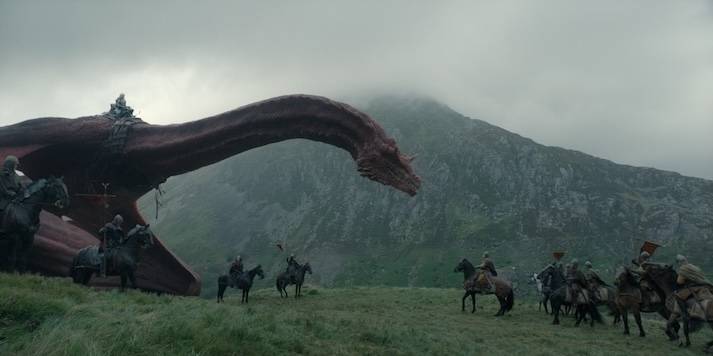
Corlys Velaryon and his bastard son Alyn have it out in a family confrontation where they tackle the question of acknowledging his blood and inheritance. But the bastard refuses. Alys rightly chose to live the life he’s made and not dine on the crumbs of royal affection that his father only now deigned to scatter.
Dramatic relationships
Yet the most important of resolutions in dramatic relationships was between Rhaenyra and her childhood friend Alicent Hightower. When the Dowager Queen Alicent snuck out to Dragonstone on a diplomatic mission, the attempt at an olive wreath was clearly similar to Rhaenyra in episode 3, where she slipped into the Sept to talk to Alicent.
Here though, Alicent finally admitted that she was in the wrong. Yes, she did indeed help start the war. But could she now maybe take it back? To which Rhaenyra spat back what her former best friend said to her at church: “It’s too late, Alicent. Blood has been shed, cities burned, armies march and you wish to wash your hands of what you yourself set in motion.”
She’s right. It’s too late. But more on these silly, almost absurd scenes of queen versus queen secret back-channeling later.
As we look back on the season through the lens of the finale, most of it was, to be honest, an introduction and teaser for season 3, in contrast to being the proper debauch of blood and magic that we’d come to expect from the previous season. Or the whole “Games of Thrones” franchise for that matter.
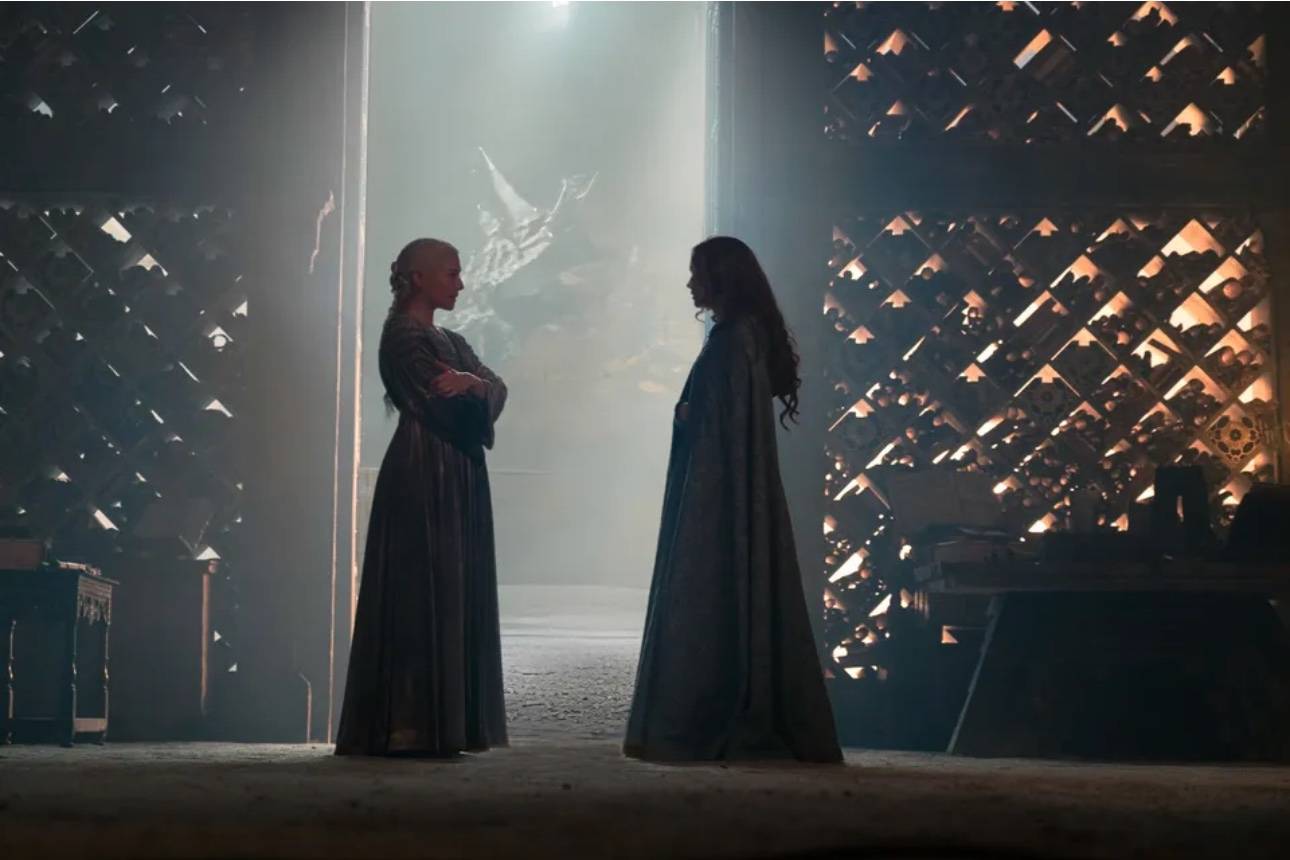
That’s not to say that the second season was bad. It was eminently watchable and had grand moments, cool high points, and the sense that, well … things are just really going to get done and legit real.
Except it never actually gets real. Most everything’s a huge posturing.
Definite high points in the drama for me were the brave death of Meleys and the elderly Rhaenys. Both rider and mount lived up to the family motto of dying with fire and blood.
Also, the gruesome death of the child prince Jaehaerys at the bumbling hands of Daemon’s assassins Blood and Cheese.
‘Red Sowing’
Yet the best one for me was episode 7, “The Red Sowing.” This one had the Dragonseeds from lowborn bastards (or small folk) of Targaryens and their blood relatives vying for a spot to claim the still riderless dragons.
Proven effective in the previous episode by the bastard born Addam of Hull through the dragon Seasmoke, Rhaenyra and her master of whispers Mysaria hatched a trial that was basically an open season draft pick. Except with a high attrition rate. Because failure to become a rider meant becoming part of the crispy buffet.
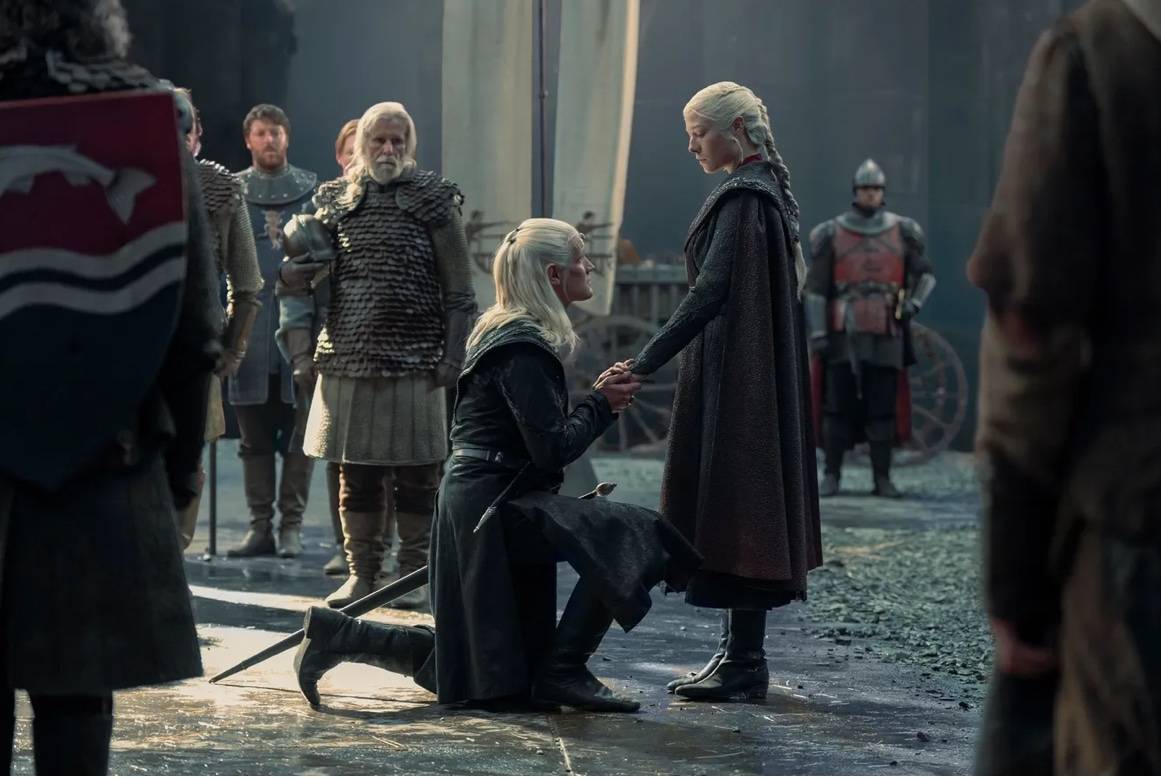
While most candidates did indeed become a happy meal, two lowborns from King’s Landing were able to claim mounts: Hugh Hammer bonded with the dragon Vermithor and Ulf White with Silverwing. This not only moved the overall plot forward considerably but also put the “Blacks” of Rhaenyra’s side on an even standing of firepower with the “Greens” of Alicent and her sons—since they had Vhagar, the oldest and biggest dragon in the world.
The Red Sowing also foreshadowed the downfall of the whole Targaryen dynasty.
See, if lowborn fools with diluted Targaryen blood like Ulf and Adam can claim the nuclear weapons of the age, then why believe the premise that this family are gods? Does put a damper on their propaganda as divinities.
Top-shelf acting
The acting was on a high point, at least. And any scene with Daemon (Matt Smith), Rhaenyra (Emma D’Arcy) or Alicent (Olivia Cooke) was top-shelf.My new fave characters were the river witch Alys Rivers (Gayle Rankin), the bumbling and jockish Ulf (Tom Bennett) and the scheming spy master Mysaria (Sonoya Mizuno). Everyone brought a dash of new thespianism to the proceedings.
Certainly, one of the silliest and riskiest of plot issues were the clandestine talks between Rhaenyra and Alicent, in the Sept of Baelor in episode 3 and at Dragonstone in episode 8.
Here I must point out that, yes, the series is based on a book that’s presented as historical facts by several historians. But each historian has his own agenda and allegiance. So sometimes one side comes off better looking than the other.
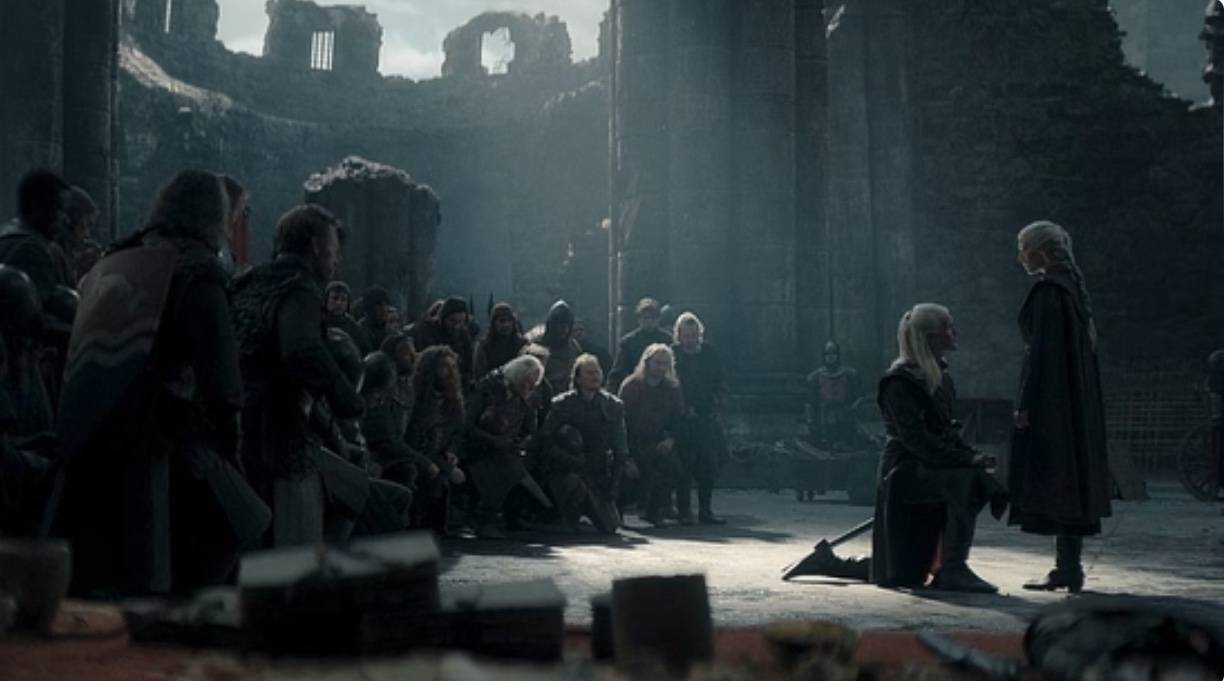
Accounts are mixed, so that lets the “House of the Dragon” show runners and writers run fast and loose with events that aren’t in the canon. They can fill in the empty blanks left by the academic maesters who wrote after everything was said and done.
In all those accounts, the Targaryens were always the center of their own narrative. And here in the meetings between the two queens we get a sense not only of the absurdity of low security in territories that are supposedly at war (because the most important pieces on the political board can just sneak into each other’s headquarters), but also the utter balls to make something so obviously contrived for dramatic purposes.
Deft touch
Don’t get me wrong. Framing the Alicent-Rhaenyra friendship as the fulcrum of the war’s beginning and likely end was a deft touch. They can still probably make up and let the other go into exile, or something more savory.
At the same time it’s a recurring tapestry of the ridiculous way thousands of lowborn folk are just sent to war to die. For mistaking your husband’s last wishes on his death bed. For holding on to reputation and virtue and damn everything else. For a grudge in friendship. For, well, nothing.
“The dragons dance and men are like dust under their feet,” said the knight Criston Cole, suffering from a deep case of postdragon battle PTSD in the finale. “All our fine thoughts and all our endeavors are as nothing.”
It also echoes what Rhys Ifans (who plays Otto Hightower) said in an interview about who the audience should root for: “Both sides are crazy, genocidal war criminals. We should all enjoy seeing how they die.”
I agree with all of those. I just wanted to see more of that burn with the drama and the politicking. Consider also that “House of the Dragon” only has four seasons to run in its entirety. So I still live in hope of seeing dragons falling down from the sky, wings aflame to signal the end of a dynasty.
Watch season 2 of “House of the Dragon” on HBO Go.













